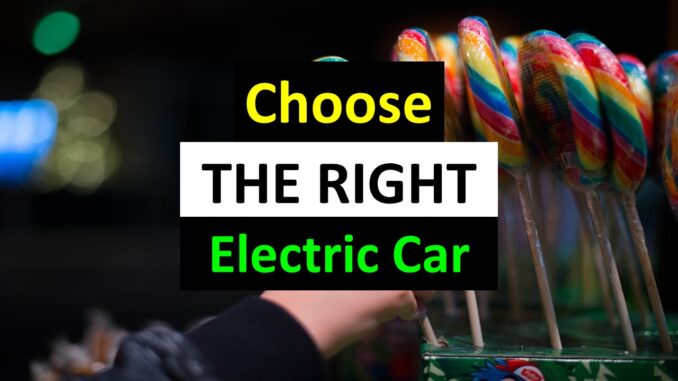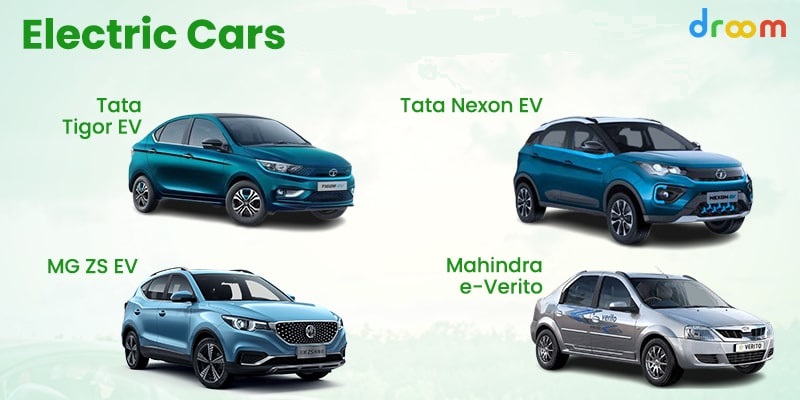
As we embrace a future focused on sustainable mobility, electric vehicles (EVs) are emerging as the frontrunners in revolutionizing transportation. Their positive impact on our planet is undeniable, with cleaner emissions leading to reduced pollution and a greener environment.
The significance of electric vehicles in promoting eco-friendly transportation cannot be overstated. However, despite their potential, the availability of electric cars in India remains limited, with only a select few currently on the market.
In the fiscal year 2023, the domestic electric vehicle (EV) industry witnessed remarkable growth, with retail sales surpassing 1,181,734 units. This impressive figure represents a substantial 155% increase compared to the previous fiscal year, which recorded 458,757 units.
This exponential growth highlights the increasing adoption and popularity of electric vehicles in the market.

If you find yourself considering the purchase of an electric car and are in search of a comprehensive guide, look no further. This article aims to equip you with all the essential information pertaining to electric vehicles, helping you make an informed decision that aligns with your lifestyle.
Choosing the Right Electric Car
Here are the factors to be considered when you choose the electric car for you.
#1 Budget
Purchasing an electric car in India requires careful consideration of its price tag. While electric vehicles are environmentally friendly, their complex drivetrain and costly battery packs make them more expensive compared to traditional petrol/diesel cars.
It’s important to keep your budget in mind when venturing into the realm of electric cars.
#2 Government Incentives and Tax Benefits
Take advantage of the incentives and tax benefits provided by the government to make electric vehicles more affordable. Research the specific percentage of incentives and tax breaks you would receive when purchasing an eco-friendly vehicle.
The Indian government also offers benefits such as reduced service tax (GST) to lower the price of electric cars.
#3 Software Updates and Upgrades
Electric vehicles often undergo improvements through software updates, enhancing their powertrain and incorporating the latest technologies. Ensure that you receive regular software upgrades after purchasing an electric car.
While some manufacturers provide free software enhancements, others may charge owners for updates. Make an informed choice regarding software updates when considering an electric vehicle.
#4 Tailored Specifications
EV cars in India come with a variety of electric motors and battery pack capacities. Choose an electric car that aligns with your specific requirements and preferences.
Driving an underpowered electric vehicle can be frustrating, so carefully review the technical details before making a purchase.
#5 Driving Range Reliability
The driving range of an electric vehicle is a critical factor to consider. Avoid relying solely on manufacturer-provided figures and seek real-life reviews to gain insight into the EV’s driving range under real-world conditions.
Typically, an electric car should offer a driving range of over 100km, sufficient for daily commuting. High-end electric cars may even provide a driving range exceeding 400km.
Important Electric Car Specifications to Consider
#1 Electric Vehicle Type
Before purchasing an electric car, determine the type that suits your needs. There are four main types: fully electric, hybrid electric, plug-in hybrid electric, and fuel cell electric.
Hybrid electric vehicles don’t require external charging, while fuel cell vehicles are still in the early stages of development.
#2 Driving Range
The driving range refers to the distance an electric vehicle can travel on a single full charge. Considering the current state of charging infrastructure, it’s essential to choose an electric car with a suitable driving range. This ensures that you won’t face range anxiety and can find charging stations easily.
#3 Battery Type and Capacity
Modern electric cars typically utilize Lithium-Ion battery packs known for their lightweight and efficient charging and discharging capabilities. Battery capacity is another critical factor as it directly affects the driving range.
A higher battery capacity translates to a longer driving range before recharging is necessary.
#4 Charging Options
In addition to battery capacity, charging time is a crucial consideration. Electric vehicles typically offer standard charging and fast charging options. Fast chargers can charge the battery within a few hours but may require expensive installation.
On the other hand, normal charging stations can be installed at home but take longer to fully charge the battery.
Conclusion
Electric vehicles are poised to revolutionize the future of mobility, playing a vital role in creating a sustainable and environmentally friendly transportation system.
While purchasing EV cars may present challenges due to the nascent state of charging infrastructure, making a well-informed decision can lead to a rewarding experience that benefits both you and the environment.
By carefully considering all the relevant factors, you can navigate the complexities and embrace the joy of owning an electric car, contributing to a greener future.
This is a guest post by Sneha Sharma